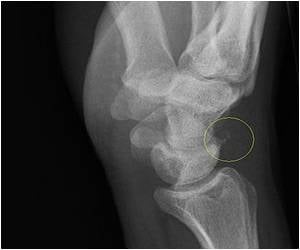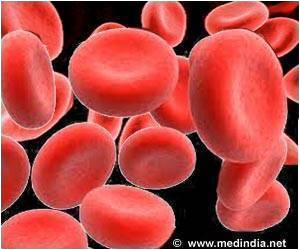New genetic markers may be able to predict whether a person is likely to have coronary heart disease (CAD) in the future.
New genetic markers may be able to predict whether a person is likely to have coronary heart disease (CAD) in the future. Research carried out by Dr. M. Balasubramanyam and Dr.V.Mohan at the Madras Diabetes Research Foundation (India) shows that people who are pre-diabetic or who have Type 2 diabetes have much shorter telomeres1 and, since these people are prone to CAD, an early test could indicate their susceptibility and help them to alter their lifestyle to avoid or delay the onset of the disease. This work will be presented by Dr Adaikala Koteswari at the Society for Experimental Biology’s Annual Main Meeting on Sunday 1st April 2007.
Tests have been carried out on pre-diabetics and Type 2 diabetics which have shown that telomere shortening is greater as a person progresses from being pre-diabetic through to being type-2 diabetic. Diabetics are more susceptible to oxidation and inflammation which could be the one of the reasons for telomere shortening and so an early indication of their telomeres starting to shorten could indicate the onset of diabetes and ultimately be a predictor for CAD. In other words, telomere shortening in prediabetics could predict those predisposed subjects who are at the cross-road of developing type 2 diabetes and cardiovascular disease.1 Telomeres have been compared with the plastic tips on shoelaces because they prevent chromosome ends from fraying and sticking to each other, which would otherwise result in genomic instability. Telomeres are also thought to be the "clock" that regulates how many times an individual cell can divide. Telomeric sequences shorten each time the DNA replicates. When the telomeres reach a critically short length, the cell stops dividing and ages (senesces) which may cause or contribute to age-related diseases. Telomeres are essential regulators of the cellular lifespan and chromosome integrity, however it has recently been shown that telomeres may also play a role in complex genetic disorders such as hypertension and diabetes.
Source-Eurekalert
SRM











